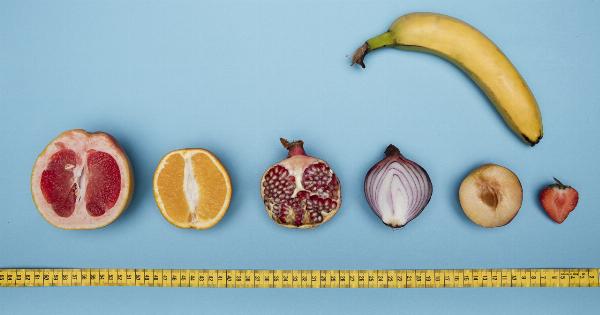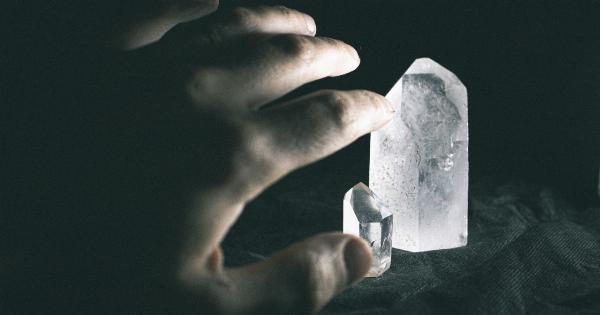Stereotyping is a cognitive process that categorizes individuals into specific groups based on preconceived notions, beliefs, and perceptions.
While it may be argued that stereotypes are often consciously formed, a significant portion of stereotyping occurs at an unconscious level. Unconscious stereotyping refers to the automatic and unintentional activation and application of stereotypes without conscious awareness or control. This phenomenon has profound implications, particularly in the field of psychology.
In this article, we will explore the concept of unconscious stereotyping, its impact on psychological processes, and potential consequences for individuals and society as a whole.
The Role of Unconscious Bias in Stereotyping
Unconscious stereotypes are closely linked to unconscious biases. These biases, also known as implicit biases, are deeply ingrained attitudes and beliefs that operate outside of an individual’s conscious control.
While everyone holds unconscious biases to some extent, they can manifest in harmful ways when coupled with stereotyping. Unconscious bias reinforces and perpetuates stereotypes, leading to erroneous judgments and discriminatory behavior.
Implicit Association Test (IAT) as a Measure of Unconscious Stereotyping
The Implicit Association Test (IAT) is a widely used psychological tool that measures individuals’ implicit biases by assessing the strength of associations between different concepts.
The IAT has been instrumental in revealing the existence of unconscious biases and unconscious stereotyping. It provides researchers and professionals with valuable insights into individuals’ implicit attitudes and helps identify implicit biases that might not be readily apparent in conscious thinking or self-report measures.
Effect of Unconscious Stereotyping on Perception and Judgment
Unconscious stereotyping profoundly influences the way individuals perceive and judge others. Research has shown that unconscious stereotypes can affect our initial impressions of others, leading to biased judgment and decision-making processes.
For example, if a person holds an unconscious stereotypical belief that individuals of a certain race are inherently violent, they may perceive any person from that racial group as aggressive or dangerous, even without any rational evidence supporting such conclusions.
Impact on Self-Esteem and Identity
Unconscious stereotyping can have detrimental effects on an individual’s self-esteem and sense of identity.
When individuals are consistently exposed to stereotypes that negatively depict their social group, they may internalize these stereotypes and develop negative self-perceptions. This can lead to reduced self-esteem, self-doubt, and a diminished sense of self-worth. Furthermore, when individuals are constantly confronted with unconscious stereotypes, it can reinforce social hierarchies and perpetuate systemic inequalities.
Influence on Interpersonal Interactions
Unconscious stereotyping can shape interpersonal interactions in various ways. Stereotypes can create barriers and prejudices that hinder effective communication and understanding between individuals from different social groups.
These barriers can contribute to misunderstandings, prejudice, and discrimination. Additionally, unconscious stereotypes can influence our behavior towards others, leading to differential treatment based on perceived group membership.
The Role of Media in Perpetuating Unconscious Stereotypes
The media plays a significant role in disseminating and perpetuating unconscious stereotypes.
Portrayals of individuals and social groups in movies, television shows, and advertising often reinforce existing stereotypes, both consciously and unconsciously. These biased depictions can solidify preexisting stereotypes in society’s collective consciousness, further contributing to the marginalization and stigmatization of certain groups.
Unconscious Stereotyping and Mental Health Disparities
Unconscious stereotyping can also contribute to mental health disparities among different social groups.
Research shows that mental health professionals may be subject to unconscious biases, leading to differential diagnosis and treatment recommendations based on stereotypes rather than on individual needs. This can result in disparities in access to mental healthcare, misdiagnosis, and inadequate treatment for marginalized individuals.
Reducing and Challenging Unconscious Stereotyping
Recognizing and addressing unconscious stereotyping is crucial for promoting equality and social justice.
Strategies such as diversity training, exposure to counter-stereotypical examples, and self-reflection can help individuals become aware of their unconscious biases and challenge stereotypical thinking. Additionally, promoting diverse representations in the media and implementing policies that promote inclusion and fairness can contribute to reducing unconscious stereotyping at a societal level.
Conclusion
Unconscious stereotyping, a product of implicit biases, has significant implications for psychology and its impact on individuals and society. It influences perception, judgment, self-esteem, and interpersonal interactions.
The media’s role in perpetuating unconscious stereotypes further exacerbates these effects, contributing to mental health disparities and systemic inequalities. However, through education, awareness, and proactive measures, we can strive to reduce unconscious stereotyping and foster a more inclusive and equitable society.






























